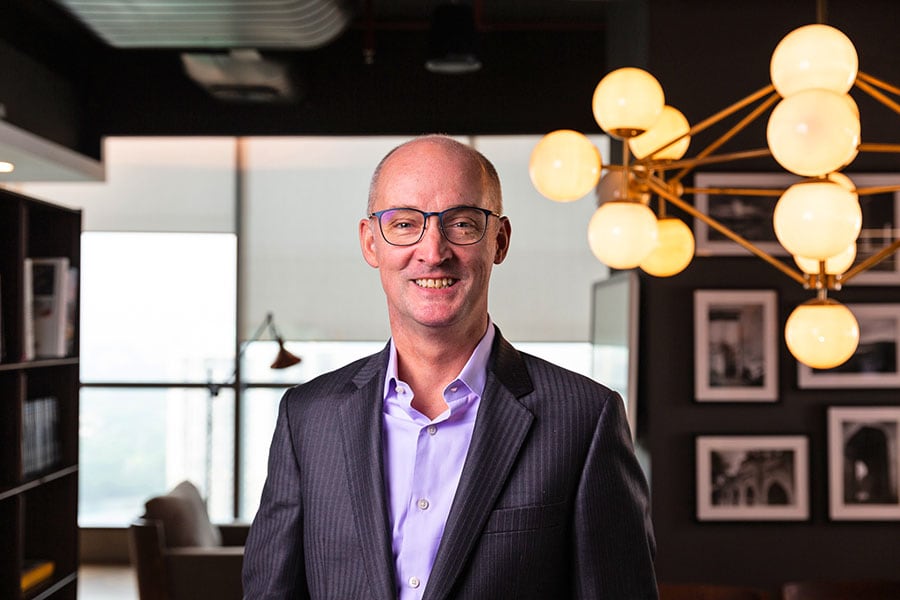
'India set to become a key player in the global travel industry': Hilton's Ben George
The senior vice president and commercial director—APAC on how the global hotel chain is doubling its portfolio in India by 2027, and why the country is an important market
 Ben George, senior vice president and commercial director-APAC, Hilton. Image: Madhu Kapparath
Ben George, senior vice president and commercial director-APAC, Hilton. Image: Madhu Kapparath
Global hotel chain, Hilton, is betting big on the Indian market. By 2027, it aims to add 75 properties to its portfolio and strengthen its position in the country’s hospitality market.
In a conversation with Forbes India, Ben George, Hilton’s senior vice president and commercial director for the Asia Pacific region, talks about the industry’s recovery climate, the company’s plans ahead, and whether artificial intelligence (AI) will cut jobs in the hospitality sector.
Edited excerpts:
Q. Can you provide an overview of Hilton's current property count in India and its growth plans for the future?
Currently, Hilton operates 24 hotels in India, and we have 15 properties in the pipeline. Our goal is to double the number of hotels we have in the coming years, with the potential for even further growth. However, we prioritise finding the right partners who share our vision and are willing to invest in building the right product in the right location.








